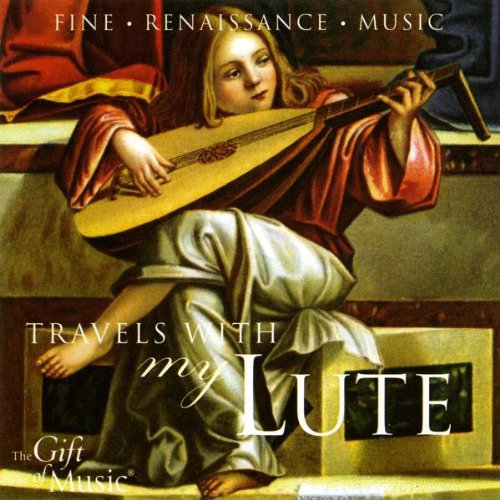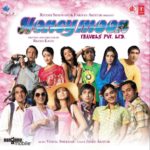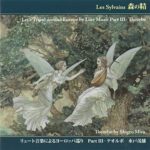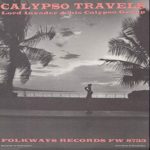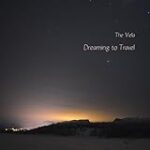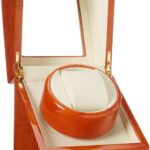Travels with my Lute
Travels with my Lute – Fine Renaissance music
The gentle lute: played by one of Britain’s leading virtuosos, Lynda Sayce, this programme draws together the best lute music of the Renaissance, contrasting the different regional musical styles which emerged during the golden period of lute composition. Played on a variety of different lutes as appropriate.
The lute encapsulates the spirit of the renaissance. It was immortalized in poetry by Ronsard and Shakespeare, and on canvas by Holbein, da Vinci, Titian and Raphael. It was played by Henry VIII and Elizabeth I, Martin Luther and Galileo. Its huge and magnificent repertory is one of the artistic glories of the 16th century, and, true to the spirit of the age, it was constantly being reborn as different cultures adopted it and made it their own.
The earliest lute manuscripts date from years around 1500, when lutenists had only recently adopted the new-fangled technique of plucking with the fingers. The lute was originally played with a plectrum, which largely confined it to playing single lines. Plucking with the fingers made polyphony possible on a single lute, and suddenly lutenist-composers had a subtle and versatile instrument of unrivalled emotive power, uniquely possessing both the chromatic capability of keyboard instruments, and the dynamic and tonal flexibility of the harp. This description of the playing of Francesco da Milano, known as ‘il Divino’, gives some idea of the lute’s power:
The tables being cleared, he chose one and, as if tuning his strings, sat on the end of a table seeking out a fantasia. He had barely disturbed the air with three strummed chords when he interrupted conversation which had started among the guests. Having constrained them to face him, he continued with such a ravishing skill that little by little, making the strings languish under his fingers in his sublime way, he transported all those who were listening into so pleasurable a melancholy that … they remained deprived of all senses save that of hearing, as if the spirit, having abandoned all the seats of the senses had retired to the ears in order to enjoy the more at its ease so ravishing a harmony; and I believe … that we would be there still, had he not himself – I know not how – changing his style of playing with a gentle force, returned the spirit and the sense to the place from which he had stolen them, not without leaving as much astonishment in each of us as if we had been elevated by an ecstatic transport of some divine frenzy.
